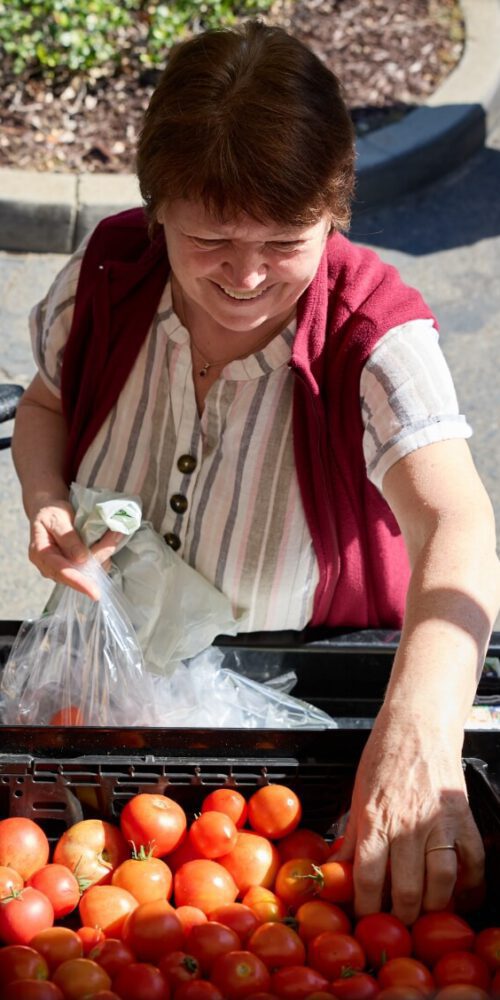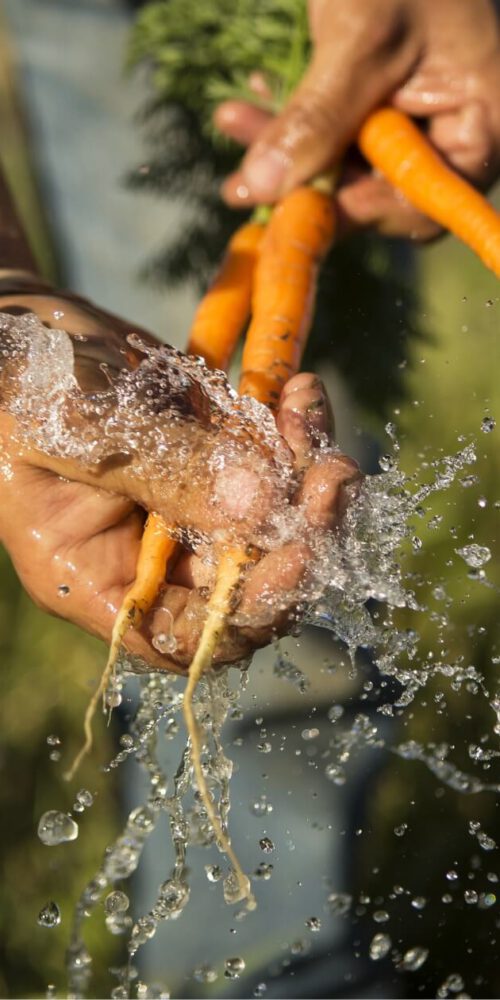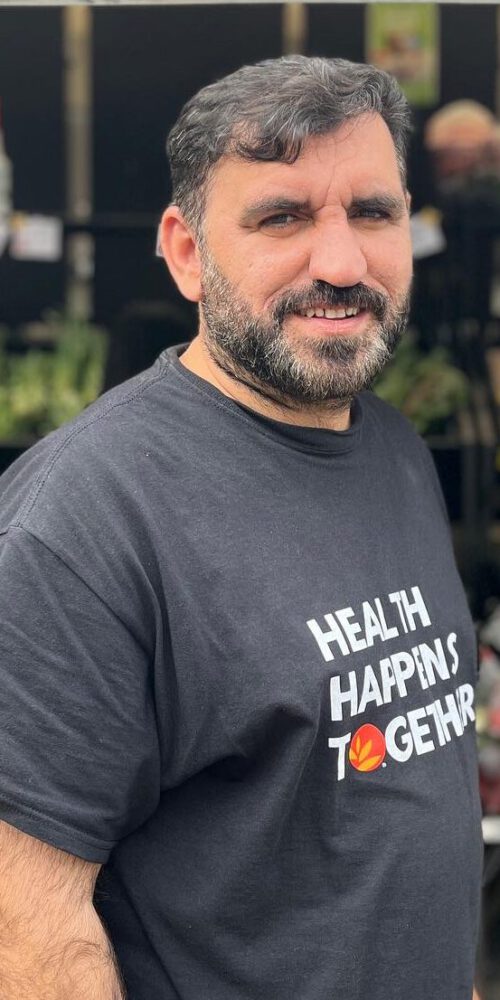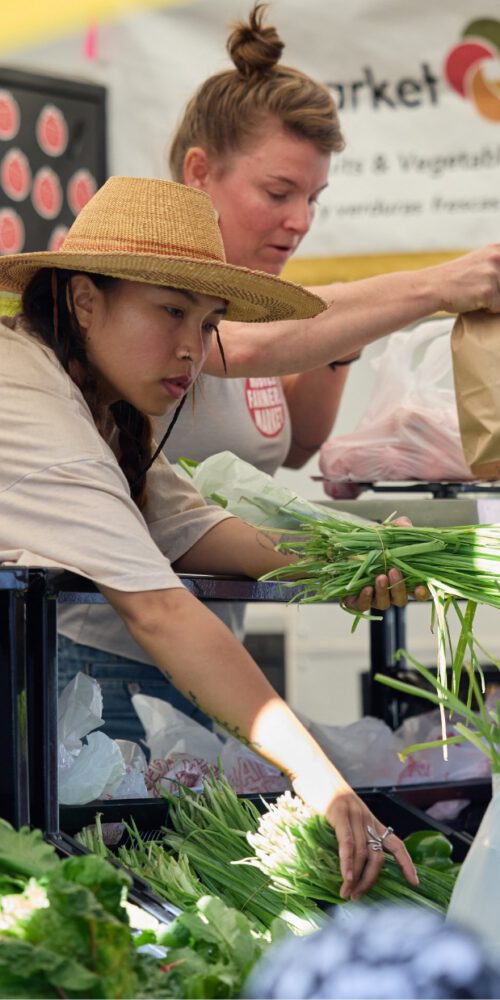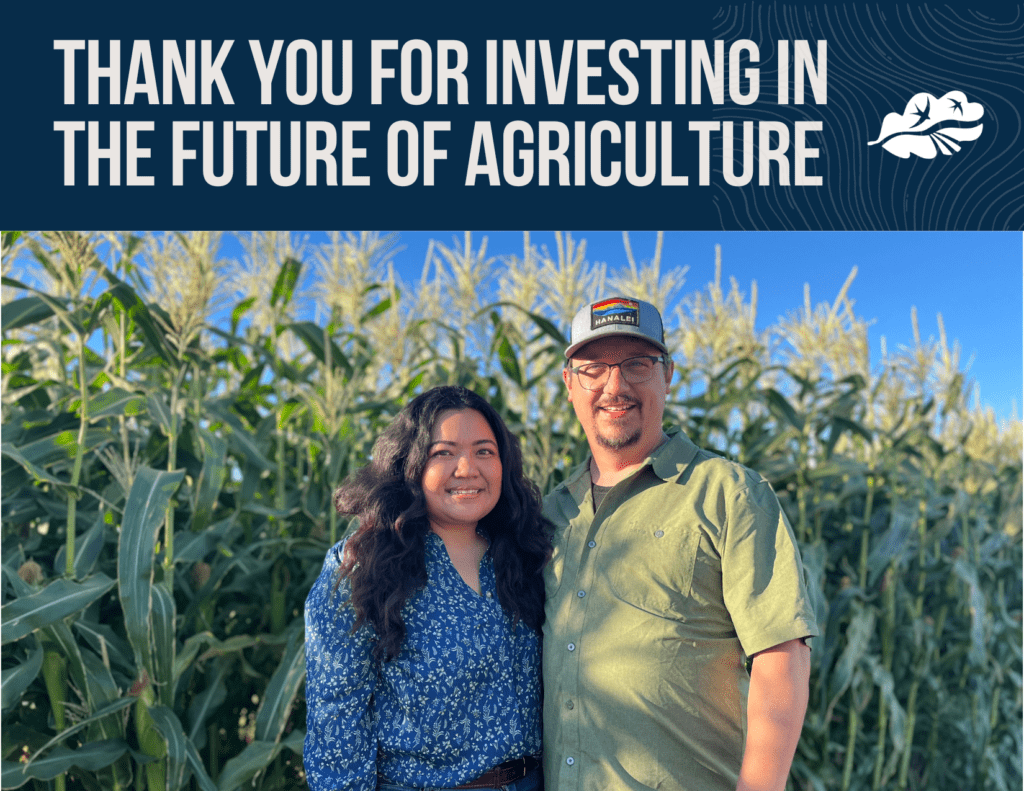Overview
The Community Food Program addresses food access challenges by
connecting local farms with food insecure communities throughout Yolo
County. By making this connection, a community can work together to build
a more equitable and resilient food system and increase access to fresh,
healthy food. Outreach initiatives of the Community Food Program include
the Mobile Farmers Market, Community Food Ambassador program, and
Riverfront Urban Farm.
Equal Access
The Mobile Farmers Market makes local, fresh produce convenient and
affordable. SNAP/EBT
cardholders get 50% off thanks to Market Match.
Market Connections
We offer an approachable outlet for local farmers and connect people with where their food comes from.
Active Engagement
Community partners convene curbside and provide information on health, nutrition, and community services.
Replicable Models
The Mobile Farmers Market serves as a replicable model in addressing food access challenges in low-income neighborhoods.
Mobile Farmers Market
Follow The Tomato
The Mobile Farmers Market bridges the needs of small farmers and
disadvantaged communities by bringing locally-grown, culturally relevant produce to neighborhoods in West Sacramento, Woodland, Esparto, and Knights Landing.
Community Food Ambassadors
Our Community Food Ambassador program is an annual, 5-week stipend program designed to bolster awareness for locally-grown produce and sustainable agriculture. Participants learn about their local food system, healthy eating, and how supporting local growers leads to a healthier society, economy, and environment.
Graduates serve as ambassadors in their community to promote the Mobile Farmers Market and encourage friends and neighbors to make healthier food choices. Upon completing the course, participants get hired to work the Mobile Farmers Market. After four years, the program has created a network of health and food system advocates throughout the region. For more information, contact serena@landbasedlearning.org
For more information, contact serena@landbasedlearning.org.
Riverfront Farm
Riverfront Farm was established in 2017 as a demonstration urban farm. It is operated by CLBL in partnership with Fulcrum Properties in The Bridge District of West Sacramento. The farm is one-third of an acre and is in production year-round. It grows a variety of culturally-relevant heat-tolerant crops in the summer and cold hardy crops in winter. Riverfront Farm supplies 30% of the produce for the Mobile Farmers Market and offers garden classes and volunteer opportunities.
For more info, contact khristine@landbasedlearning.org.
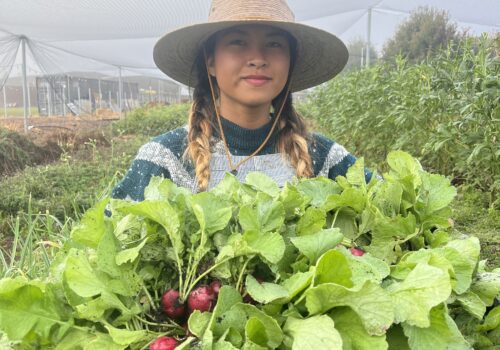
Community Food Program
Our Beginnings
The Community Food Program, formerly known as the West Sacramento Urban Farm Project (WSUFP), started in 2014 with West Sacramento’s first urban farm at 5th and C Street. By 2018, the program grew to include five parcels throughout West Sacramento each with 2-4 urban farms. In 2019, CLBL recognized the need to connect the residents in these communities with the urban farms in their backyard. In 2020, CLBL purchased a Mobile Farmers Market Truck to make this connection. It was a Win-Win! Farmers needed new markets to sell their produce and residents in the neighborhood needed convenient access to fresh, seasonal, sustainably grown produce.
When the Mobile Farmers Market truck was acquired in 2020, the program’s mission expanded from supporting urban farms to include food security. To match its broader scope of work, the name changed from West Sacramento Urban Farm Project to Community Food Program. Around that same time, CLBL launched its Farm Business Incubator Program. Apart from Riverfront Farm which CLBL still manages, all urban farms in WSUFP moved under that program to receive more resources, access to a tool lending library, and continued education. For more information on the Farm Business Incubator Program, click here.
